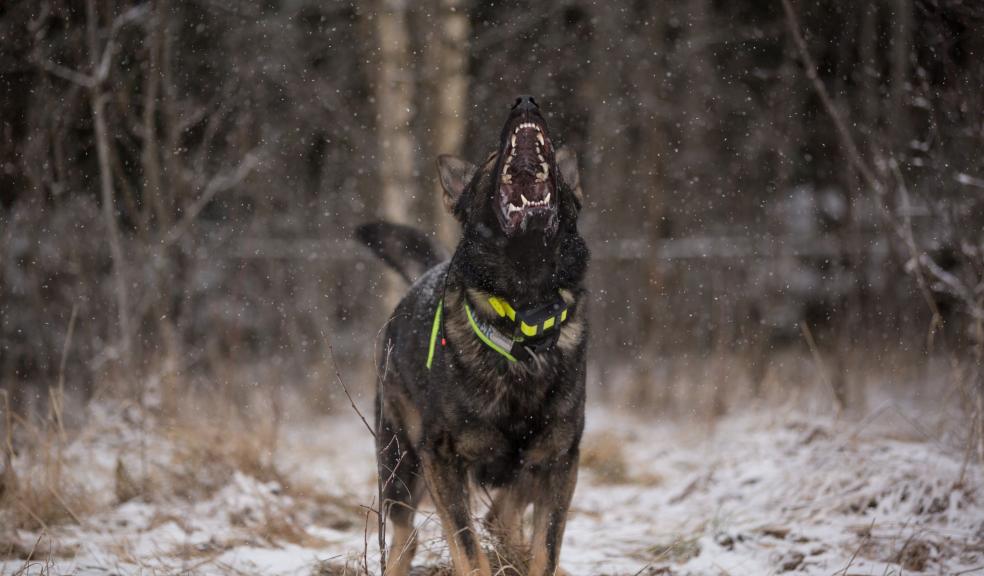
Dog attacks: Experts answer commonly asked questions, including what to do if you’re attacked, and the warning signs to look out for
Over the last 12 months, UK searches for 'dog attack' have increased by +125%, whilst searches for 'dog attack what to do?' have increased by +100%. But what should you do if you're attacked by a dog, and what steps should owners take to avoid their dog attacking someone?
To help owners and those that fall victim to an attack, below The Compensation Experts answer some of the most asked questions about dog attacks with the help of Dr. Heather Venkat, a veterinarian working in companion animal medicine.
What to do if a dog attacks?:
If you're attacked by a dog, the first thing to do is remain calm, and seek medical attention as soon as possible to get your wounds checked.
If your dog attacks someone, Heather explains: "The most important thing to do first is to get your dog off that person. Secure your dog as best as possible to avoid them getting loose again. Then you will need to make sure the person your dog attacked is okay. If your dog did bite the person, you need to exchange contact information and contact the police or animal control to file a bite report. You must follow all animal control rules to quarantine your dog for a period of time as well after it attacks someone."
Who to report a dog attack to:
If you have been the victim of a dog attack, then you should also consider contacting the police straight away to make a statement. Be sure to also take photos of the wound straight after it happens and save medical records and witness testimonies to back up your case.
Will my dog attack:
Explaining the warning signs to look out for if you're worried your dog could attack someone, Heather says: "Dogs can attack for a variety of reasons. If a dog is aggressive due to genetics or was trained to be aggressive, it may try to strike without warning. Sometimes you will notice a dog's ears pinned back, lips curled back, pulling, and lunging on their lead while barking, or the hackles on their back raised that can indicate a dog is aroused and uncomfortable and might attack. Not every dog will growl before it attacks, but if your dog is growling it could be a sign that they are trying to warn a person or another dog off, and the next step will be to snap. If a dog has shown signs of aggression due to fear, you will notice them licking their lips, turning away, or trying to avoid a person or another dog, and you might see the white of their eyes more."
How to prevent a dog attack:
Heather explains further: "If you think your dog could potentially attack someone, avoid taking them out when you know other people are going to be around. Consider putting a basket muzzle on your dog, which still allows them to open their mouth to pant and drink but would block them from biting someone. Make sure that you know you can have control of your dog when you take them outside, especially if you have a big, strong dog. Try to recognise if your dog has specific triggers, such as other dogs, cats, bikes, or cars, that could set them off and cause them to attack. If you are on a walk in the moment, quickly move in the opposite direction from the other person. Ensure the fence of your garden is tall enough to prevent your dog from jumping over and attacking someone.
Another option is to contact a professional dog trainer so that you can work with them to try to prevent your dog from wanting to attack. Fear-aggressive dogs can also receive medications from your veterinarian which can help reduce their anxiety and potentially prevent your dog from attacking someone."
How to claim for a dog attack:
Dog bites can cause both physical and psychological scars, including a lifelong fear of dogs. Under the Dangerous Dogs Act 1991, every person who owns or looks after a dog has a legal duty to ensure the people around it are safe from attack, whether actual or threatened, in both public and private areas. So, if you or a loved one has been bitten by a dog, then speak with your insurance provider. It is important to note that, though you can claim, it's a very difficult process and you might not always get compensation, as most people are not insured for this, so it's worth double-checking your policy.







